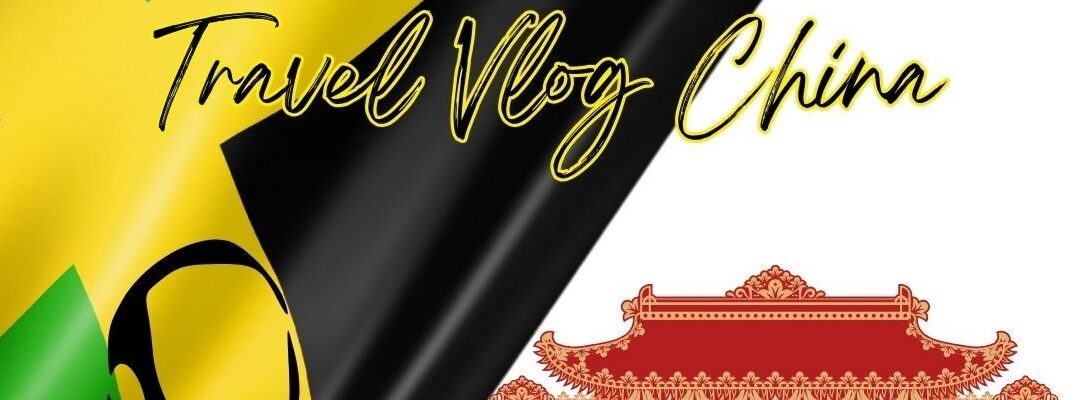

By Gavin Riley in Beijing
On a new ‘strategic agenda’ to mark 70 years of continued friendship, Chinese President Xi Jinping on Thursday (September 5) unveiled a 10-point plan to expand bilateral collaboration with African countries.
Xi, in his keynote address during the Forum on China-Africa Cooperation (FOCAC) 2024 Summit opening ceremony at the Great Hall of the People in Beijing, said the Asian economic powerhouse has earmarked over ¥360 billion (US$51 billion) in “financial support” over the next three years.

Consisting ¥210 billion in credit, at least ¥70 billion in Chinese business-related investment and another ¥80 billion in “assistance in various forms” on the continent — China’s pledge is a 27.5 per cent increase on foreign direct investment, up from US$40 billion in 2023, according to the Ministry of Commerce.
Joined by heads of state from the member countries of the African Union (AU) and UN Secretary-General António Guterres, President Xi declared that the partnership actions are geared towards modernisation to spearhead China-Africa cooperation and self-determination.
The keynote address comes amid increased Chinese influence in Africa, paired with the ouster of “non-aligned interests” in West Africa earlier this year and ‘political distractions’ in the United States and United Kingdom.

“Modernisation is an inalienable right of all countries. But the Western approach to it has inflicted immense suffering on developing countries. Since the end of World War II, third-world nations, represented by Africa and China, have achieved independence and development one after another, and have been endeavouring to redress the historical injustices of the modernisation process,” said President Xi.
“China and Africa’s joint pursuit of modernisation will set off a wave of modernisation in the Global South, and open a new chapter in our drive for a community with a shared future for mankind,” he added.
As both regions account for one-third of the global population, with 2.8 billion inhabitants, the president of the People’s Republic of China maintained that modernisation should be achieved with mutual respect among countries — underpinned by harmony with the environment, peace and security and economic stability.
Comprising the bulk of its partnership actions, China expressed its willingness to establish a joint governance-sharing platform centred on China and Africa studies. To this end, it will invite 1,000 members of African political parties to China to deepen exchanges in its experience of party and state governance.

Next, the world’s second-largest economy is moving to “unilaterally” open its massive market advantage for trade opportunities; offering least-developed countries (LDCs) with diplomatic ties to China “zero-tariff treatment for 100 per cent tariff lines”, to include 33 African states.
Furthermore, to promulgate industry cooperation growth clusters across the continent, China is pushing forward with a “pilot zone” for the touted In-Depth China-Africa Economic and Trade Cooperation. Beijing will also inaugurate an “African SMEs empowerment programme”, a digital technology cooperation centre and 20 digital demonstration projects.
China is also set to initiate 30 new infrastructural connectivity projects in Africa, as part of the wider Belt and Road cooperation, to improve land-sea linkages, and broaden continental logistics and financial partnership “for the benefit of trans-regional development”.
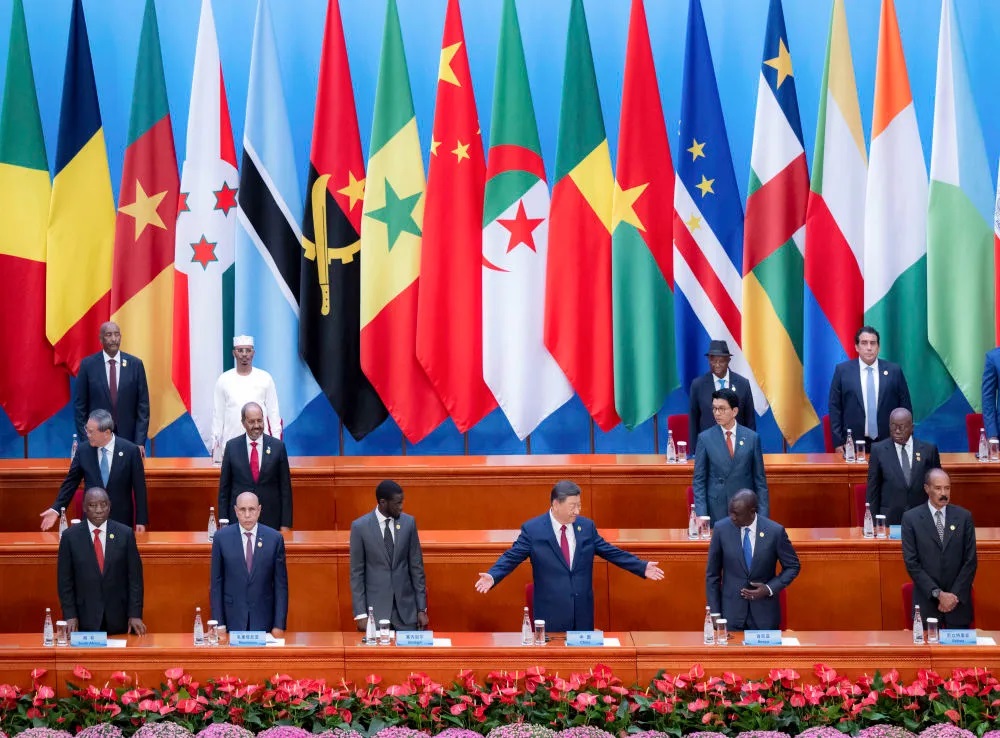
In the coming weeks, Beijing will officially release the Joint Statement of Deepening Cooperation within the Framework of the Global Development Initiative with Africa. China also anticipates its implementation of 1,000 “small and beautiful” livelihood projects, among other social development programmes.
Continuing its ongoing commitment, China is readying the launch of a hospital alliance and joint medical centres with Africa. Some 2,000 Chinese medical personnel will be sent to Africa, as Beijing establishes 20 programmes across the continent for health facilities and malaria treatment. China will also encourage local firms to invest in African pharmaceutical production and maintain efforts to support Africa with epidemic response.
Additionally, as a first measure to shore up food security, China is allocating ¥1 billion in emergency food assistance and will dispatch a 500-personnel contingent of agriculture experts and establish 6,670 hectares of standardised agriculture demonstration areas all over Africa. China says it will also implement 500 initiatives to boost community welfare.

People-to-people exchanges, through the aptly named Future of Africa — Vocational Education Cooperation Plan; dozens of clean energy projects as well as meteorological early warning systems; and the streamlining of China’s Global Security Initiative (GSI) — where Beijing has earmarked military grants to the tune of ¥1 billion in addition to military and police training opportunities — make up the rest of an ambitious undertaking by Xi.
Chinese Foreign Minister Wang Yi opened the FOCAC Summit with a welcome to African partners, underscoring the shared values, cultural similarities and deep ties shared among their peoples.

Heads of government from respective countries in northern, western, eastern and southern African blocs, as well as outgoing and incoming chairmen of the African Union (AU) Commission each took to the stage following Xi’s speech to extol Sino-African relations and acknowledge the ‘One China’ policy to rapturous applause.
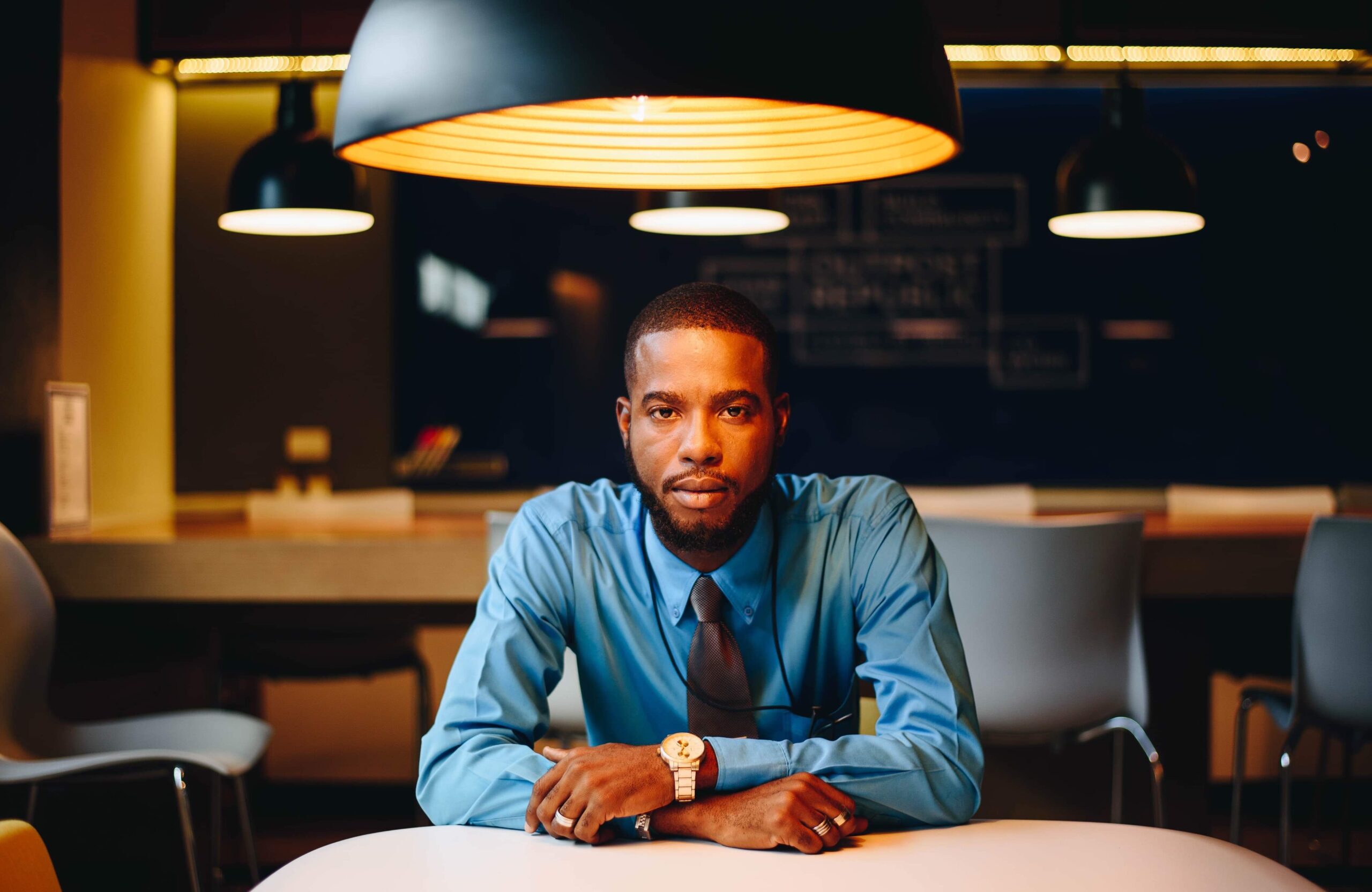


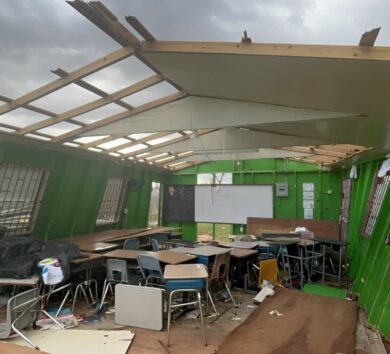

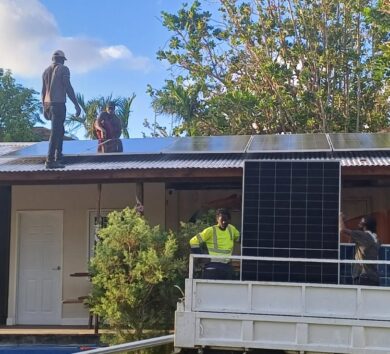

Comments